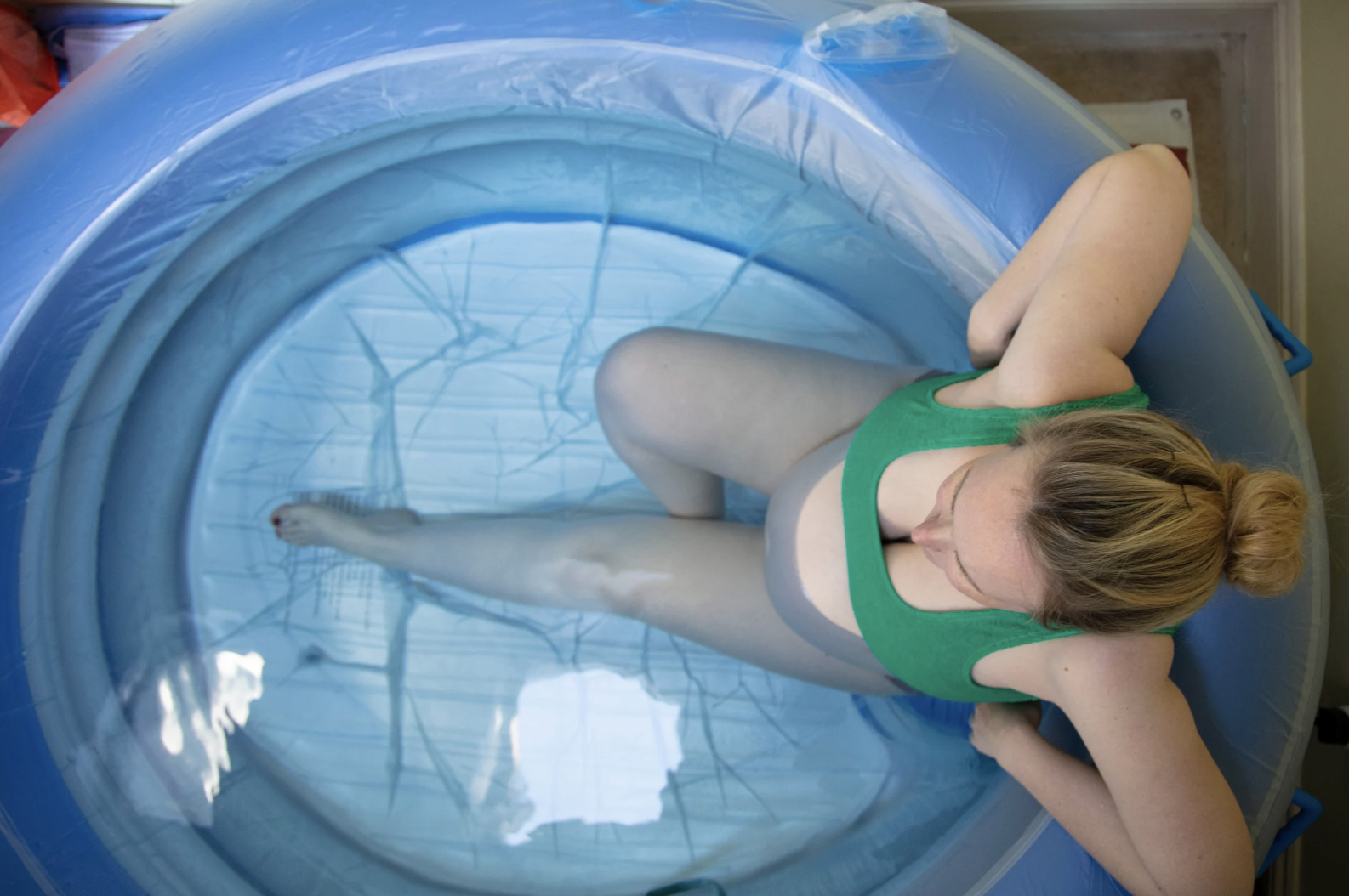Carole Falletta, MS, MA, PMHNP-BC, FNP-BC, RNC-EFM, IBCLC, LCCE Carole is a nurse practitioner with over 30 years of experience in nursing, specializing in women's health, newborn care, and reproductive and postpartum mental health. Actively practicing in healthcare, she supports women and families during the perinatal journey through compassionate, evidence-based care. A dual board-certified nurse practitioner in psychiatric and family health, Carole is also an International Board-Certified Lactation Consultant (IBCLC) and Lamaze Certified Childbirth Educator, combining her clinical expertise and passion for education to empower mothers and babies.
Bringing a new life into the world is a beautiful experience, but it’s no secret that childbirth can leave you feeling sore and achy. Whether you’ve had a vaginal delivery or a C-section, postpartum pain is a common part of the recovery process. The good news is, there are plenty of options available to help you manage your discomfort and get back on your feet. In this post, we’ll explore both medications and natural remedies for postpartum pain relief, so you can find what works best for you.

Medications for Postpartum Pain Relief
When it comes to managing postpartum pain, medications can be a lifesaver.Here are some common options:
- Acetaminophen (Tylenol): Safe for breastfeeding moms, acetaminophen can help relieve mild to moderate pain. The typical dosage for adults is 500 to 1000 mg every 4 to 6 hours as needed, not to exceed 4000 mg in 24 hours. Always follow your healthcare provider’s instructions regarding dosage and frequency.
- Ibuprofen (Advil, Motrin): Another safe option for breastfeeding moms, ibuprofen is an NSAID that can reduce pain and inflammation. The typical dosage for adults is 200 to 600 mg every 4 to 6 hours as needed, not to exceed 3200 mg in 24 hours. Again, follow your healthcare provider’s instructions.
- Narcotic Pain Relievers: In cases of severe pain, your healthcare provider may prescribe stronger medications like oxycodone or hydrocodone. These should be used cautiously and only as directed, as they can be habit-forming and have side effects for both mom and baby if breastfeeding.
- Topical Treatments: For localized pain, such as perineal discomfort or sore nipples, your healthcare provider may recommend numbing sprays or creams.
Natural Remedies for Postpartum Pain Relief
In addition to medications, many moms find relief from postpartum pain through natural remedies. Here are some options to consider:
- Heat Therapy: Applying heat to sore areas can relax muscles and ease pain. Try using a heating pad or taking a warm bath to soothe achy muscles.
- Cold Therapy: Cold packs or frozen gel packs wrapped in a cloth can reduce inflammation and numb pain.
- Gentle Movement: While it’s essential to rest and recover after childbirth, gentle movement like short walks or light stretching can help alleviate pain and stiffness.
- Massage: A gentle massage can relieve tension and promote relaxation. Ask your partner or a loved one for a soothing massage focusing on areas of tension.
- Breathing Techniques: Practicing deep breathing exercises can help you relax and manage pain more effectively.
- Aromatherapy: Certain essential oils like lavender and peppermint have pain-relieving properties. Use them in a diffuser or diluted with a carrier oil for aromatherapy benefits.
- Herbal Remedies: Herbs like chamomile and ginger have natural anti-inflammatory and analgesic properties. Brew them into teas or take them in supplement form.
- Acupuncture: Some women find relief from postpartum pain through acupuncture, an ancient Chinese practice that involves inserting thin needles into specific points on the body.
Postpartum pain is a normal part of the childbirth experience, but it doesn’t have to overshadow the joy of welcoming your new baby. By working with your healthcare provider to find the right combination of medications and natural remedies, you can manage your discomfort and focus on bonding with your baby. Remember to listen to your body, take things one day at a time, and reach out for support when you need it. You can manage this!

Carole Falletta, MS, MA, PMHNP-BC, FNP-BC, RNC-EFM, IBCLC, LCCE Carole is a nurse practitioner with over 30 years of experience in nursing, specializing in women's health, newborn care, and reproductive and postpartum mental health. Actively practicing in healthcare, she supports women and families during the perinatal journey through compassionate, evidence-based care. A dual board-certified nurse practitioner in psychiatric and family health, Carole is also an International Board-Certified Lactation Consultant (IBCLC) and Lamaze Certified Childbirth Educator, combining her clinical expertise and passion for education to empower mothers and babies.



